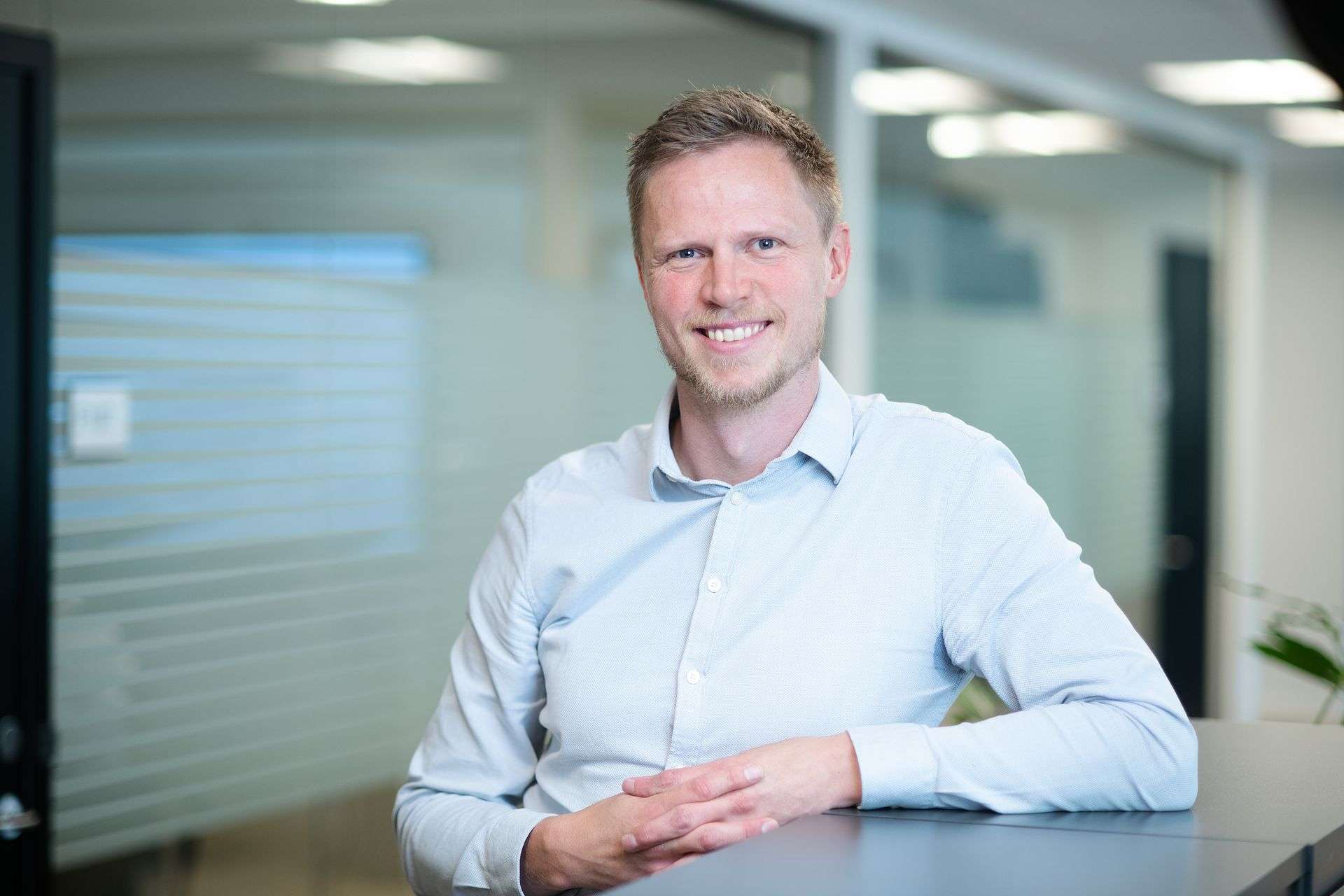Meet:
Jonas Duun-Henriksen
Senior Director, Epilepsy Science & AI
Danish
2009
PhD, MSc in biomedical engineering
Tell about how you joined UNEEG medical
My way in was through a PhD project I was doing, relating to the prediction and detection of epileptic seizures. That project was with Hyposafe, the predecessor company of UNEEG medical. At the time, Hyposafe focused on creating diabetes alarms, but soon realised the potential application of its technology in treating epilepsy. I was employee number 5, so UNEEG medical was very much in its early phase when I joined.
We did not implant the first device in a person with epilepsy until 2017, so my colleagues and I spent years building up networks and trying to understand the challenges faced by the epileptic community and how ultra long-term EEG could help.
What motivated you to stay in UNEEG since your early career?
Honestly, I’ve never had a reason not to work at UNEEG medical. I think it’s because I’ve always been allowed to form and scope my own job, and pursue the tasks that interested me. I’ve received a lot of support from management over the years, including when I presented the idea of spending a year in London to set up an epilepsy study at one of the UK’s leading research institutions.
How has it been to go from being an employee to heading up your own department?
A lot has happened since I joined the company. In the beginning we looked at the feasibility of our ideas and creating beta versions of our hardware and software. We now have close to 100 people, and the focus from my side has changed to developing ready-to-implement solutions to benefit people with epilepsy as well as the physicians treating them. As the focus on science is part of our strategy, it was natural to build a new department focusing on this, with me at the helm. I’ve now worked here for many years, and the transition into a leadership role has been an evolutionary process.
What is the best part about working at UNEEG medical?
Despite the number of employees growing so much in recent years, we still retain the entrepreneurial spirit that characterized UNEEG’s early years. We’re still on a growth path – we’re still exploring and doing new things. We celebrate a lot of successes together, something I really treasure about UNEEG’s way of working.
AI & Science
In the AI & Science team, we build data know-how, create novel tools for improved epilepsy management and publish our latest results.

We are a group of data scientists with a good understanding of the physiology of the brain as well as signal characteristics of our special subcutaneous EEG data.
Through signal processing and machine learning, we investigate the feasibility of our technology and develop new findings into novel data-visualisation mock-ups and requirement specifications for future products.
Our scientific background allows us to collaborate with key opinion leaders in academia. We strive to publish our results in peer-reviewed journals and to ensure that they are presented at international conferences.
Team members in AI & Science typically hold an MSc in biomedical engineering or similar degree.

